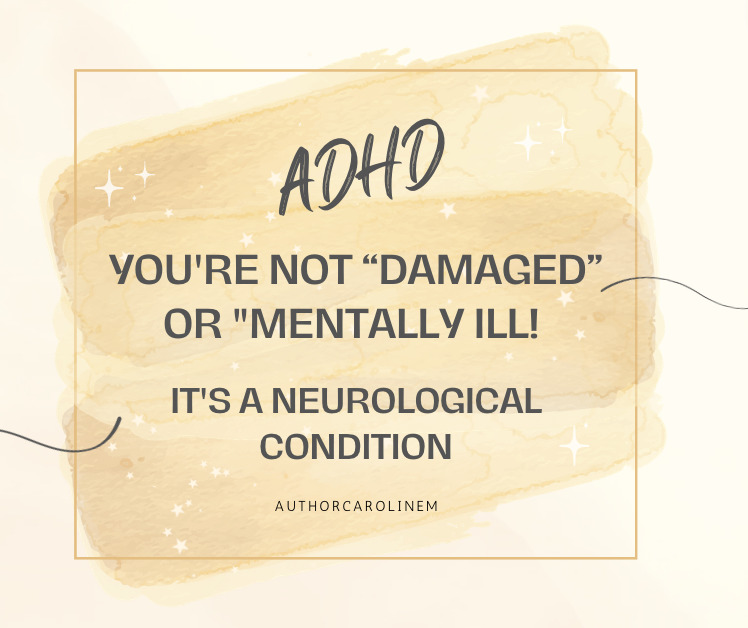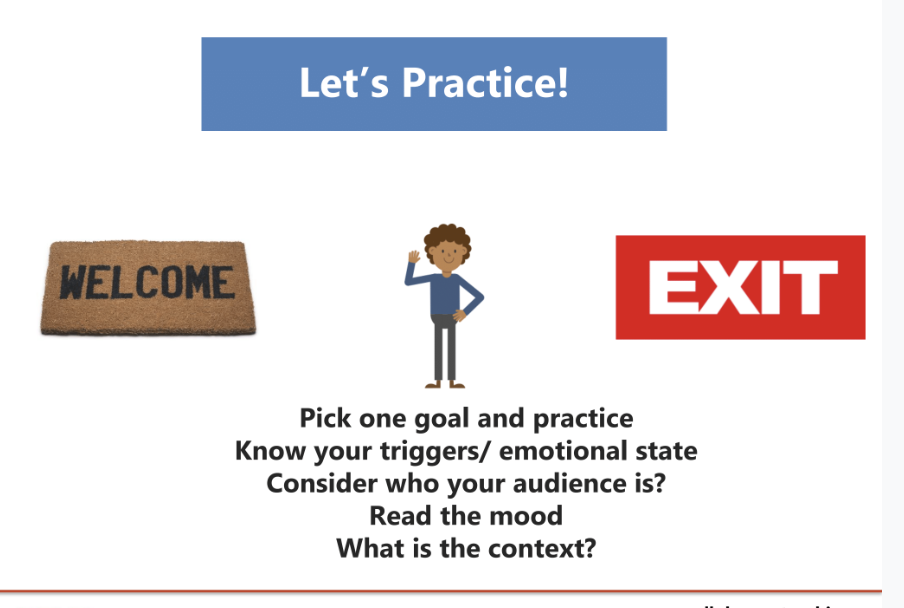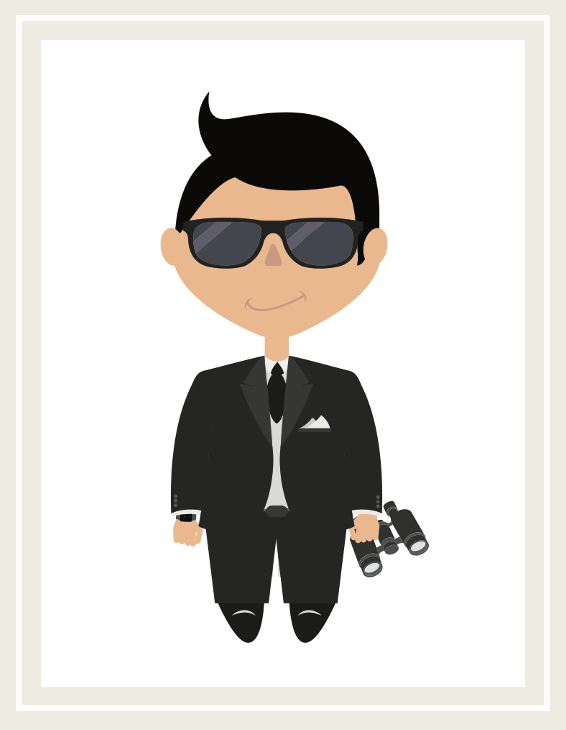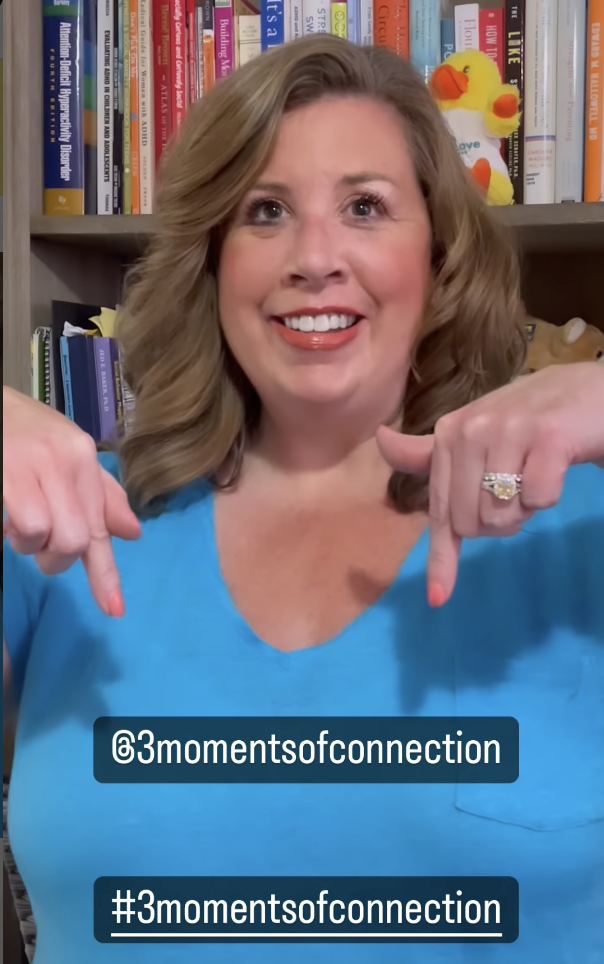Have You Recently Been Diagnosed as An Adult With ADHD? How To Get Support Right Now

Have you been diagnosed as an adult With ADHD? That is good news! Now you can learn how to manage it in order to excel in all areas of your life!
ADHD is often diagnosed later in life because it can be “hidden” and because fundamentally many people don’t know about ADHD and therefore they were not able to help you find your path to understand what you needed. Another reason for a late diagnosis might be because symptoms often appear similar to other conditions. Also, many people – especially women – are misunderstood. When they were quiet and didn’t make trouble in school or seemed “spacey”, their diagnosis was missed when in fact they have inattentive ADHD.
Undiagnosed ADHD can lead to depression, anxiety, eating disorders, etc. It may have left you feeling baffled trying to make sense out of your own brilliance and yet contrasting struggles. But the good news is that now that you understand your unique brain wiring, you can see a path forward. You have the answers you never had before. It’s like taking off glasses and finally seeing clearly. Now you can start to see what you need and how you need to do things using strategies that work for ADHD people, rather than trying to use methods that just don’t work for us. You can now begin to reframe your gifts, talents and strengths. A boss once told me that I could see the forest through the trees. At times that was a struggle until I realized I could see things uniquely, and then it became magic; a power that was missing in my life before.
[Read: How Is ADHD Diagnosed?]
Is ADHD to Blame For a Lifetime of Struggles and Misunderstandings?
Have you been called lazy, underperforming, anxious, unfocused or absent minded? Do you struggle with lateness, forgetfulness, difficulty following through, paying attention and setting and reaching goals?
Once you better understand how your brain and unique wiring work, you can set up your environment to support you. You may thrive in a fast-paced environment, as do many folks with ADHD, but the struggle with the paperwork may make that job a tough fit. If you find yourself staying late, working on weekends, and covering your desk with Post-it notes just to keep up, you may not be managing ADHD as well as needed.
Don’t let this “label” make you feel “less than”! In fact, many believe that ADHD is their super-power. Having the trait ADHD does not mean you have a mental illness or that you are “damaged.” It is a neurological condition and its symptoms can improve through successful management that may include medication, behavioral techniques, caffeine and most of all, understanding your ADHD.
How Does Adult ADHD Affect Social Skills?
Being diagnosed as an adult with ADHD now provides you with a reason for why you may feel emotions so intensely.
Individuals with ADHD often experience social difficulties, social rejection, and interpersonal relationship problems as a result of their inattention, impulsivity and hyperactivity. You may have been told you are over-sensitive, intense or emotional and many of your relationships are filled with misunderstanding and mis-communication, which can result in emotional suffering and may also contribute to the development of co-morbid mood and anxiety disorders.
You may feel over stimulated, overwhelmed and miss things in social situations because the stimuli around you makes its hard to pay attention. Do you sometimes stay secluded in your own little cocoon and forget to reach out to people? You might struggle with how to make conversation, how to connect and how to stop oversharing or how to share at all.
Impact of ADHD on Social Interactions
As ADHD is not a “visible” trait, others may misinterpret the messages and acts and therefore may consider the adult with ADHD as rude, self-centered, etc. These labels can result in social rejection, which in turn can create lower self-esteem in the individual and friction with partners.
How Adults with ADHD Can Acquire Better Social Skills
Maybe you have a hard time waiting for your turn to speak, or you are often late, or maybe you struggle to walk across the hall and say hi to an acquaintance. If you know what your weaknesses are, you can work on them. If you know what your strengths are, you can lean into them.
I recommend watching others in order to study how they react if you are unsure of how to engage in a social situation. In Social Spy, I detail how social skills are generally acquired through incidental learning: watching people, copying their behavior, practicing, and getting peer feedback. Although most people start this process early in childhood, it is never too late to build social skills.
People with ADHD often miss details; picking up bits and pieces but missing the birds-eye view of social expectations. Social acceptance is rewarded for those with good social skills and this in turn encourages these individuals to develop even better social skills. For individuals with ADHD, it is the reverse effect. Their lack of social skills leads to peer rejection and avoidance, which then limits opportunities to learn social skills, which leads to more rejection, and so on. In addition, we often don’t know exactly what we did to alienate people or how to improve our social approach or even where to start. That is why, as imperfect though I am, I spend all my time figuring out how to help people learn how to be social in their own way.
Treatment Strategies to Help Adults with ADHD Build Social Skills
A common method of building social skills is in social skills training group, as the coach or therapist addresses specific social behaviors through a combination of role-play and practice.
For people with ADHD, it is the executive function challenges that impair social growth. Thus, the social skills may already exist, but are inefficiently used. An effective dose of medication can boost the self-control and concentration necessary to utilize newly acquired social skills, as can reinforcement and behavioral intervention.
8 Ways to Master Social Skills with ADHD:
1. Consider Your Internal Narrative
In addition to understanding the reasons you are struggling, it’s important to understand the reasons we think we’re struggling (these may or may not be the same). To do this, you need to be aware of your internal narrative.
Maybe your story goes, “I’m boring, so no one wants to talk to me,” or “Everyone thinks I’m weird.” Try to recognize and understand your internal story line so you can get to the heart of the matter.
2. Decipher the Subtext
Emerging research shows that the more we watch actions and gestures, the more we remember them. This is part of why Social Spy is such an effective way to learn nuanced social skills. Social Spy is a technique that helps raise social awareness by simply watching with intention as other people engage in social situations.
Seventy percent of social information is nonverbal, so be sure to observe expressions, habits, norms, unspoken rules, body language, and other visual cues. The more you do this, the more you’ll relate what you’re seeing to your own actions. Notice problematic social behaviors, the impact of those actions and make the connection to themselves.
3. Interpret Meaning
To interpret body language, tone of voice and behavior, look for clues (dress, facial expressions, energy) and alternative possibilities. Examine their choice of words to better detect the subtext: “I’d love to” vs. “If you want to.” Do their actions counter their words? Work with a friend to share interpretations to better understand hidden language. Recognize that politeness may be an effort to disguise actual feelings.
4. Listen for Important Details
Let’s meet at the park at noon, may be misunderstood as meet at noon. This can lead to misunderstandings such as the listener wasn’t intentionally paying attention or didn’t value what they had to say.
5. Read the Room
It is important to learn how to scan the space and environment for verbal and nonverbal energy, words or dynamics. Why? So we can tailor our messages. Stress impacts our ability to read the room. We are all under stress due to the uncertainty associated with the pandemic and the political environment. Reading the room right now may be different than it was before so taking others’ perspective is more important now than before. The good news is you can work on this both virtually and in person. Reading the Room comes easily for some, and less easily for others.
Failure to stop and observe what the others are saying, the mood in the room and the subtle context can result in devastating social consequences, including speaking unfiltered thoughts and opinions.
[Read more: How Adept Are You At Reading the Room?]
6. Manage Impulsivity, Hyperactivity, Rejection Sensitivity
Impulsive actions often lead to poor decision-making. Impulsivity may also be the root cause for rapid, excessive talking that provides little room for others to join in the conversation. Failure to sit still and concentrate during activities and events can be misinterpreted as a lack of caring. Develop a system of confirming what you heard by asking, “I heard you say we need to be at the movies at 7:30pm. Did I get that right?” In this way, social errors due to inattention can be avoided.
When you experience Rejection Sensitivity, you have a heightened reaction to a real, perceived or even anticipated event, person or situation. This reaction feels all-consuming and mammoth inside you and it’s crushing – even crippling! Future planning is the key to strategizing ways of softening or eliminating these reactions.
When this event occurs, even if it is a small non-event to most, it feels enormous and can literally is paralyze you.
Read: ADHD and Rejection Sensitivity
[Visit: How to Improve Social Skills Professionally and with Peers video]
7. Visualization
Decide how you want to act, how you want to be perceived and what your intension are before arriving at a social event. Rehearse it in your mind. Imagine using your newly forming social skill(s). Picture the setting and the try to interpret others’ reactions. Repeat this many times to increase your confidence and to increase the likelihood of success.
8. Set Up the Environment
Reminders have proven essential to using the correct social behavior at the opportune moment. Use prompts: visual (an index card), verbal (someone telling you to be quiet), physical (a vibrating watch set every 4 minutes reminding you to be quiet), or a gesture (someone rubbing their head) – to stay focused on particular social skill goals.
I recommend to work on one goal at a time, to allow you to master each skill before moving on to the next.

The Benefits of ADHD
Sure, ADHD has disadvantages, but it also comes with advantages. Pat yourself on the back for being enthusiastic, curious, energetic, spontaneous, fun and caring – qualities that make you a fantastic friend! You may not remember everyone’s birthday, but with proper assessment, treatment and education, individuals with ADHD can learn to interact with others effectively in a way that enhances their social life.
We All Need Socialization!
Even if spending time with people drains you and you don’t feel like putting in the effort to attend an event, it’s important to find social skills activities that help recharge your energy and make you feel connected. For more suggestions on adult social skills development, check out our new product: Meet People with Confidence
More Adult Social Skills Training Resources:
ADHD And Friends: Blurting, Oversharing And Small Talk
How to Read the Room as an Adult – Managing perceptions and engaging successfully




